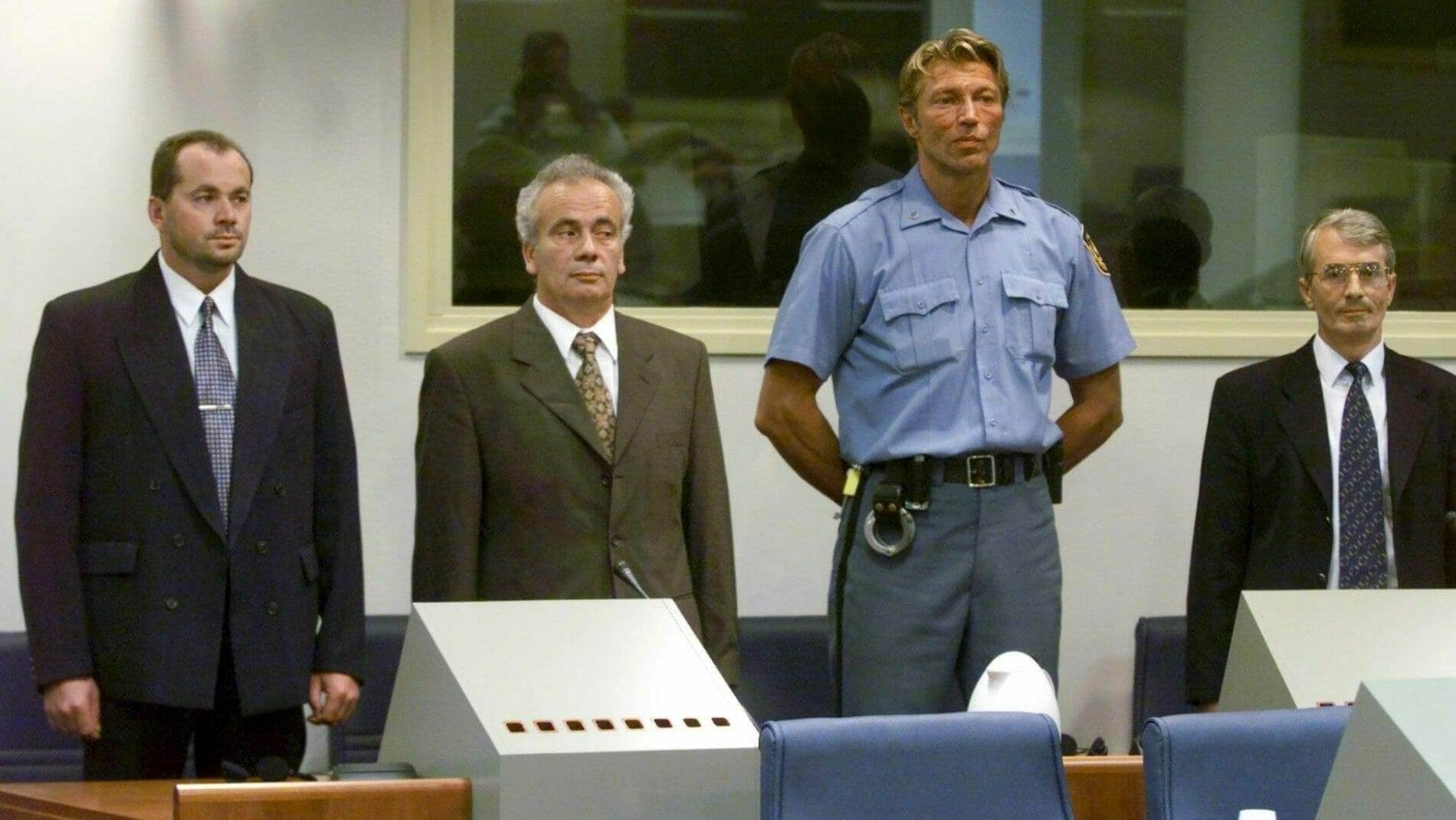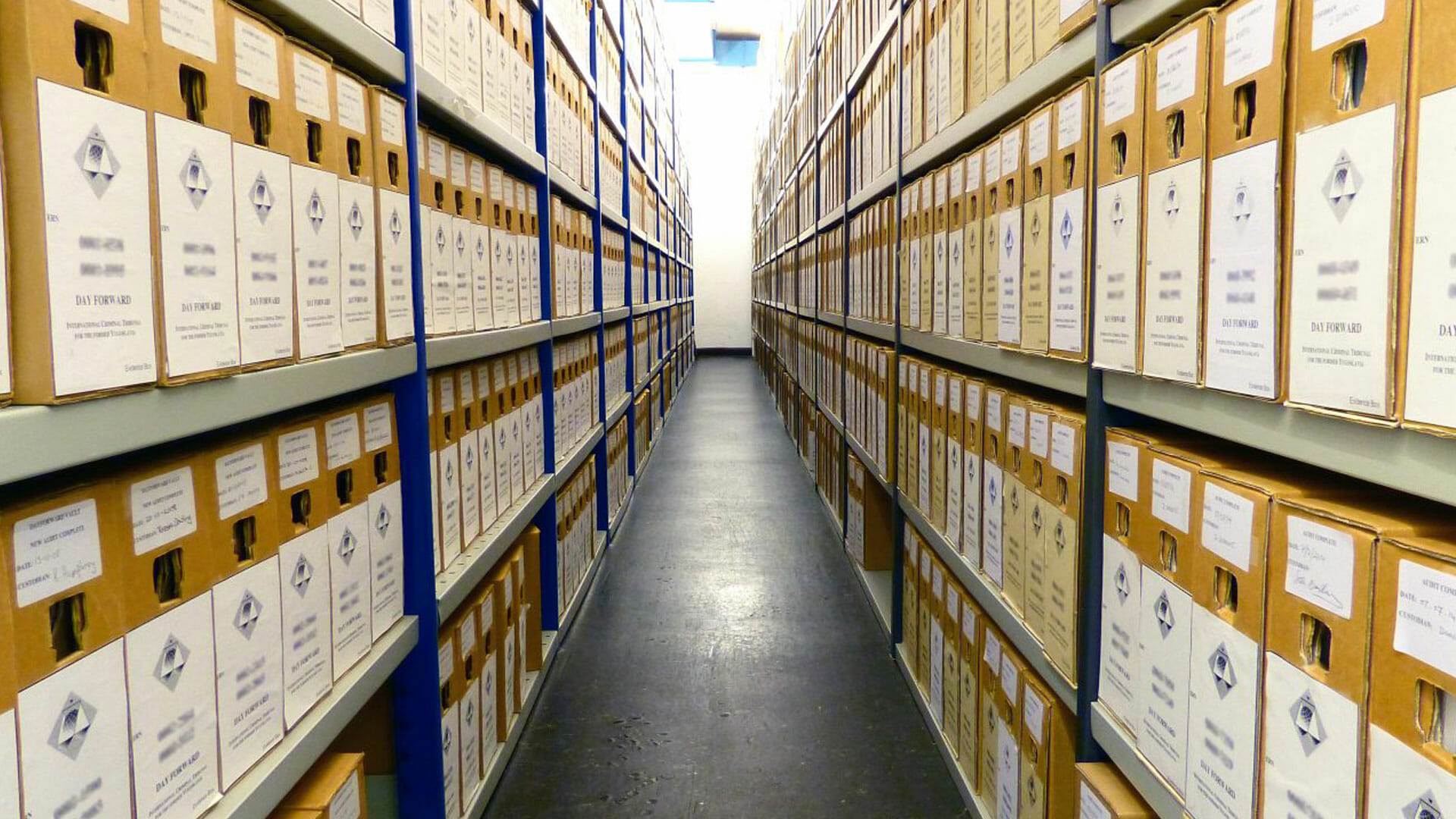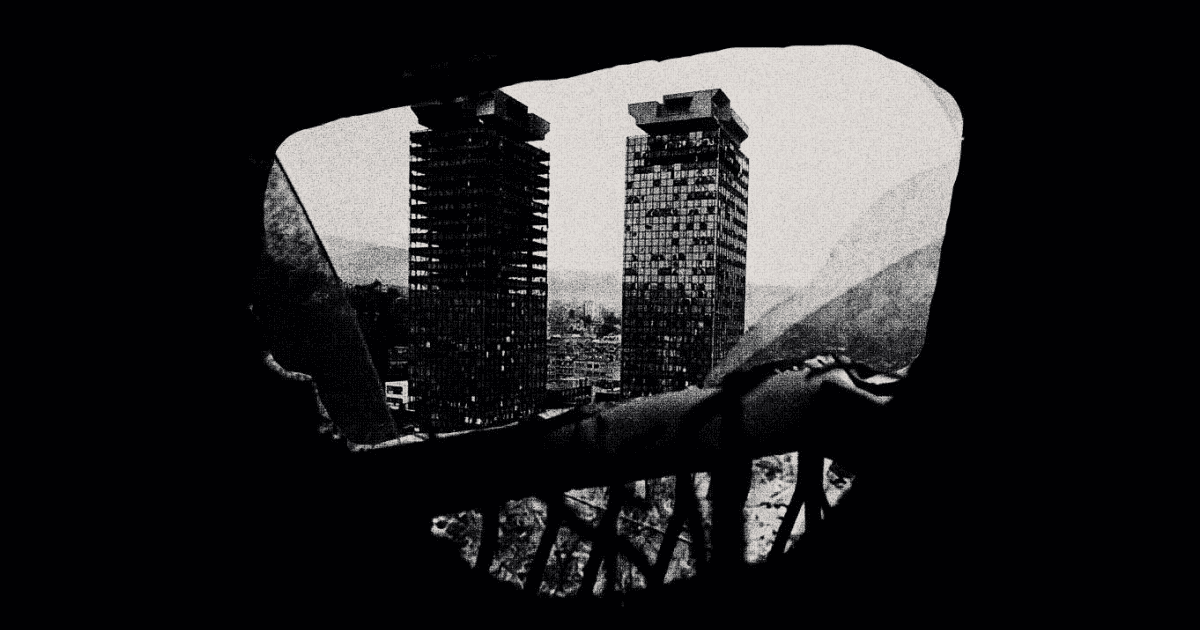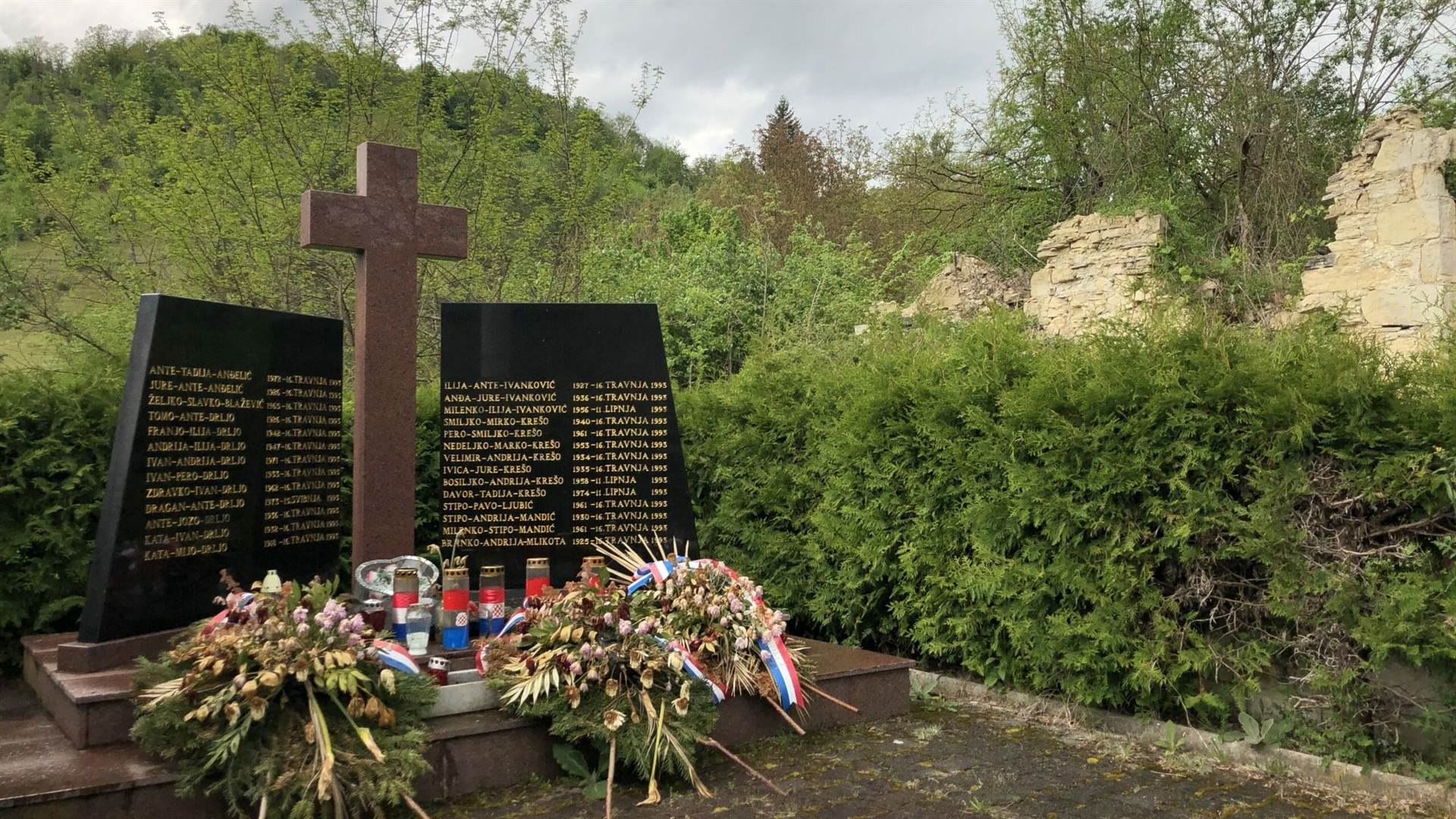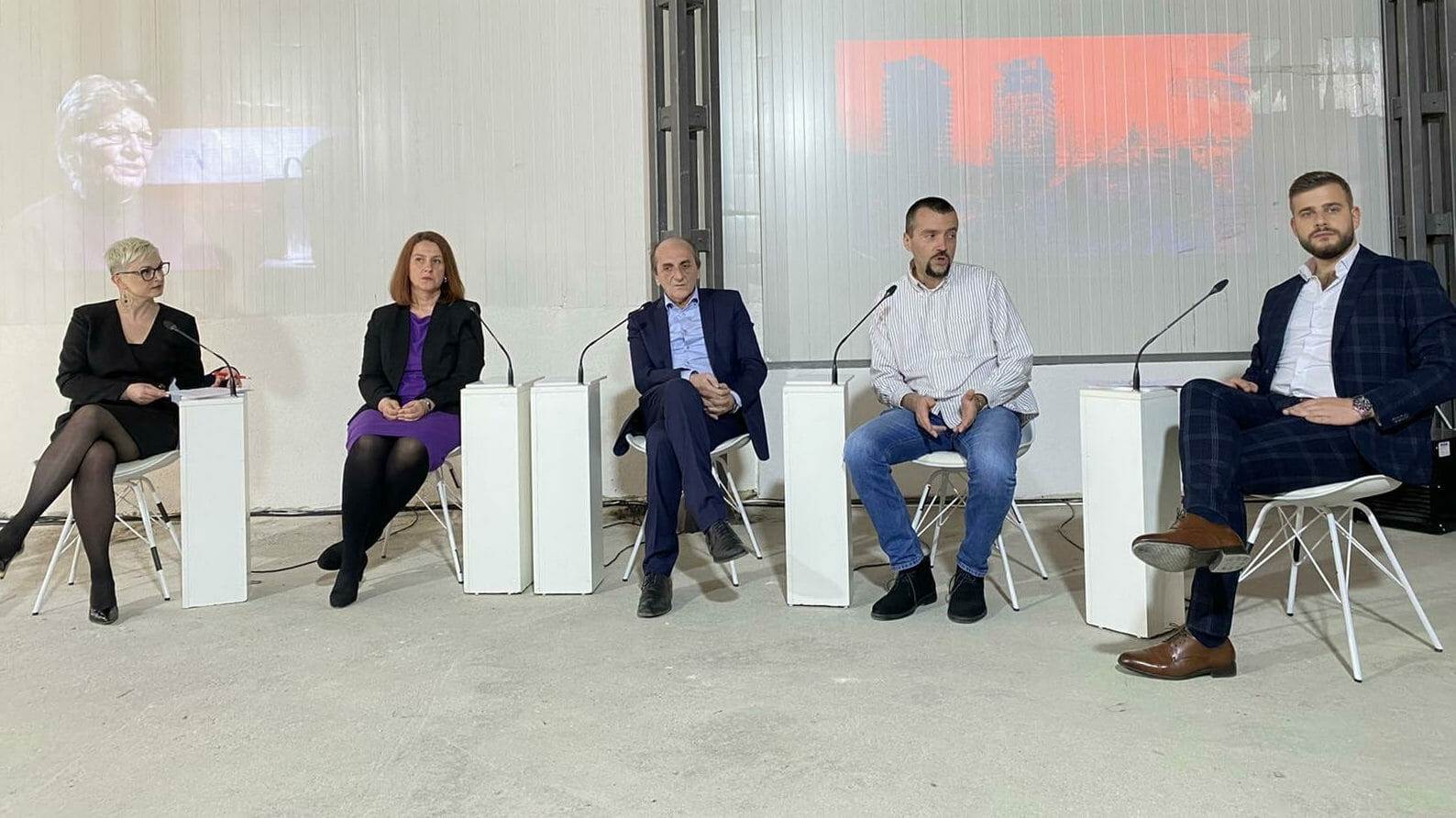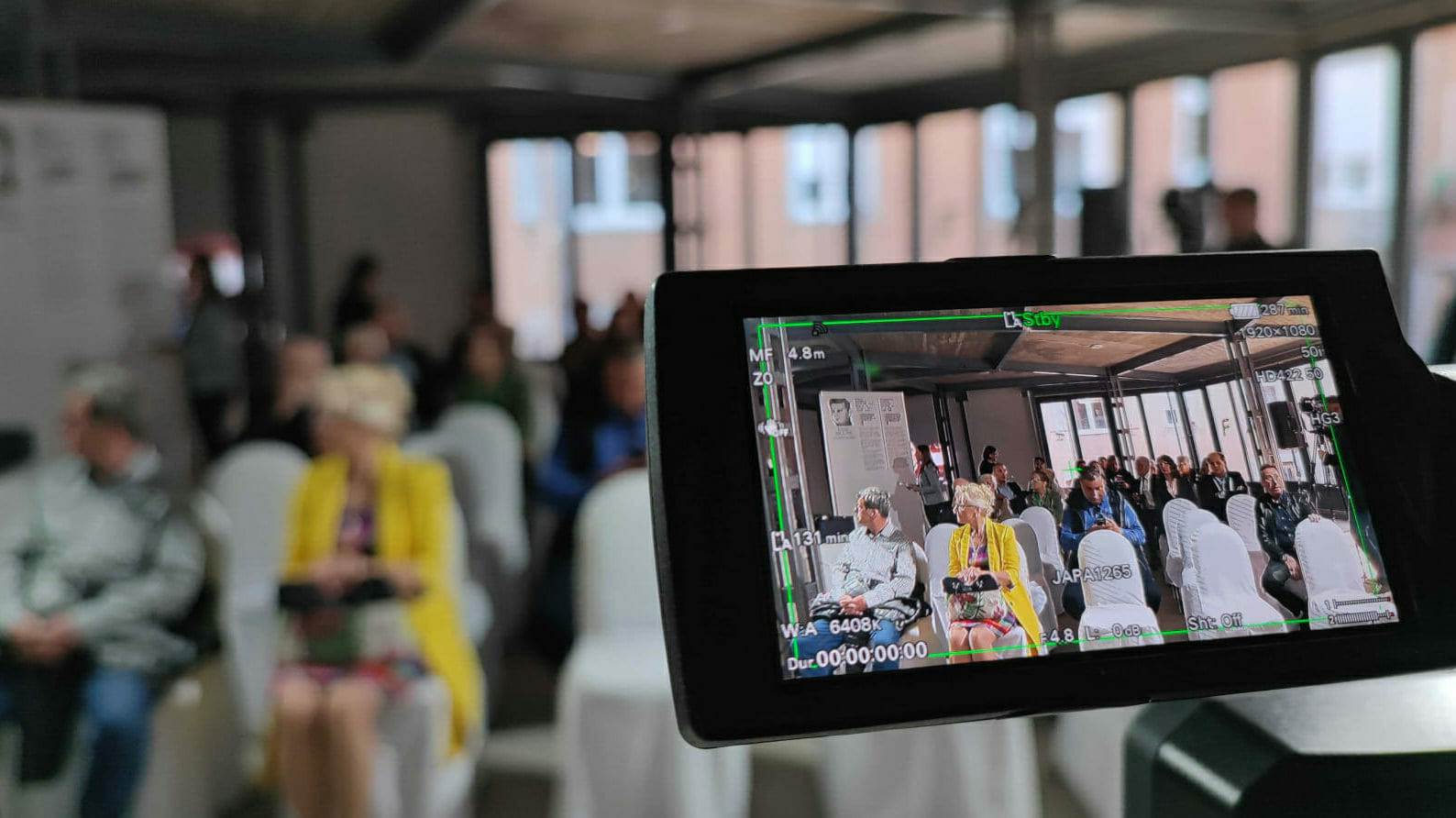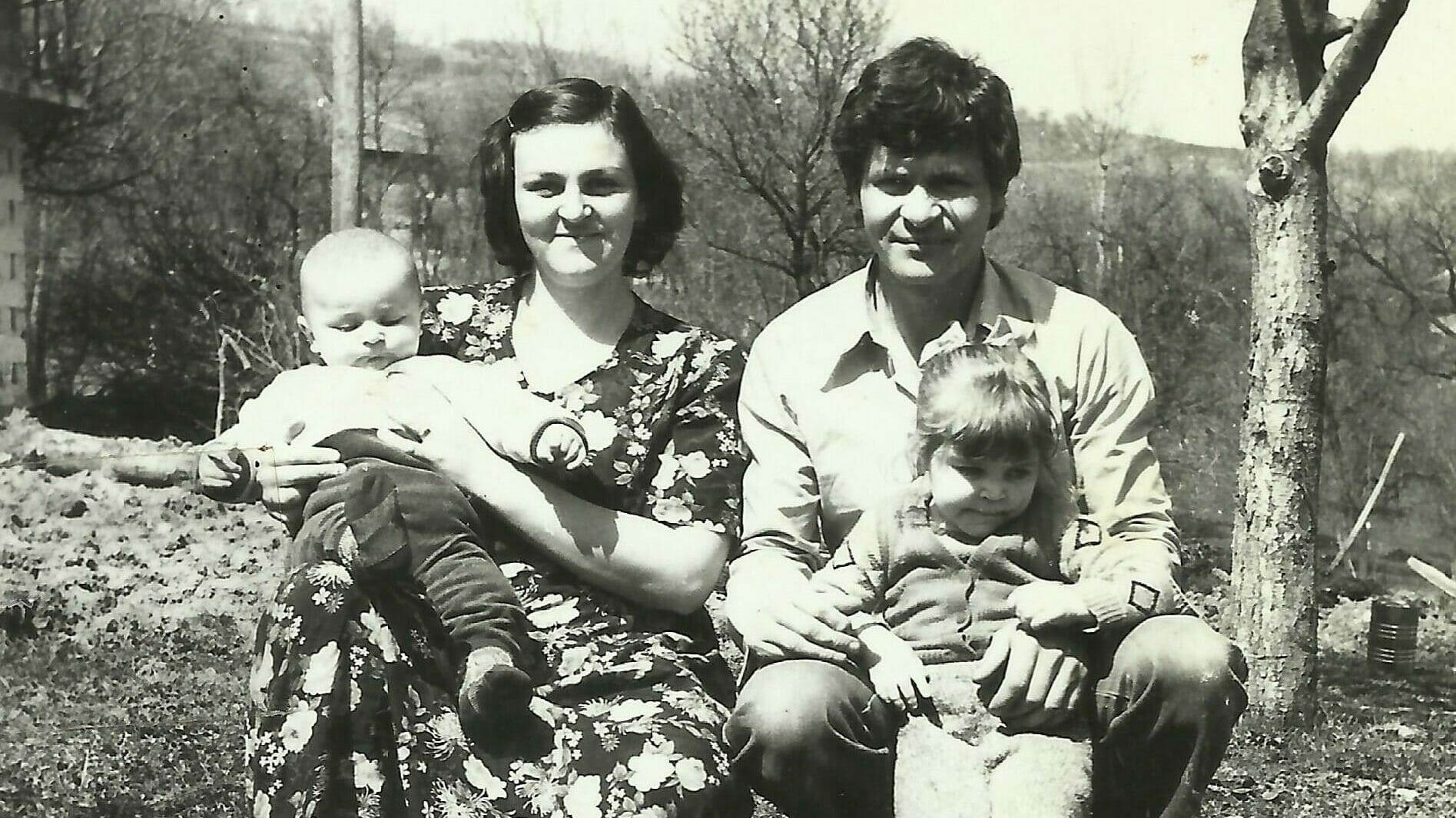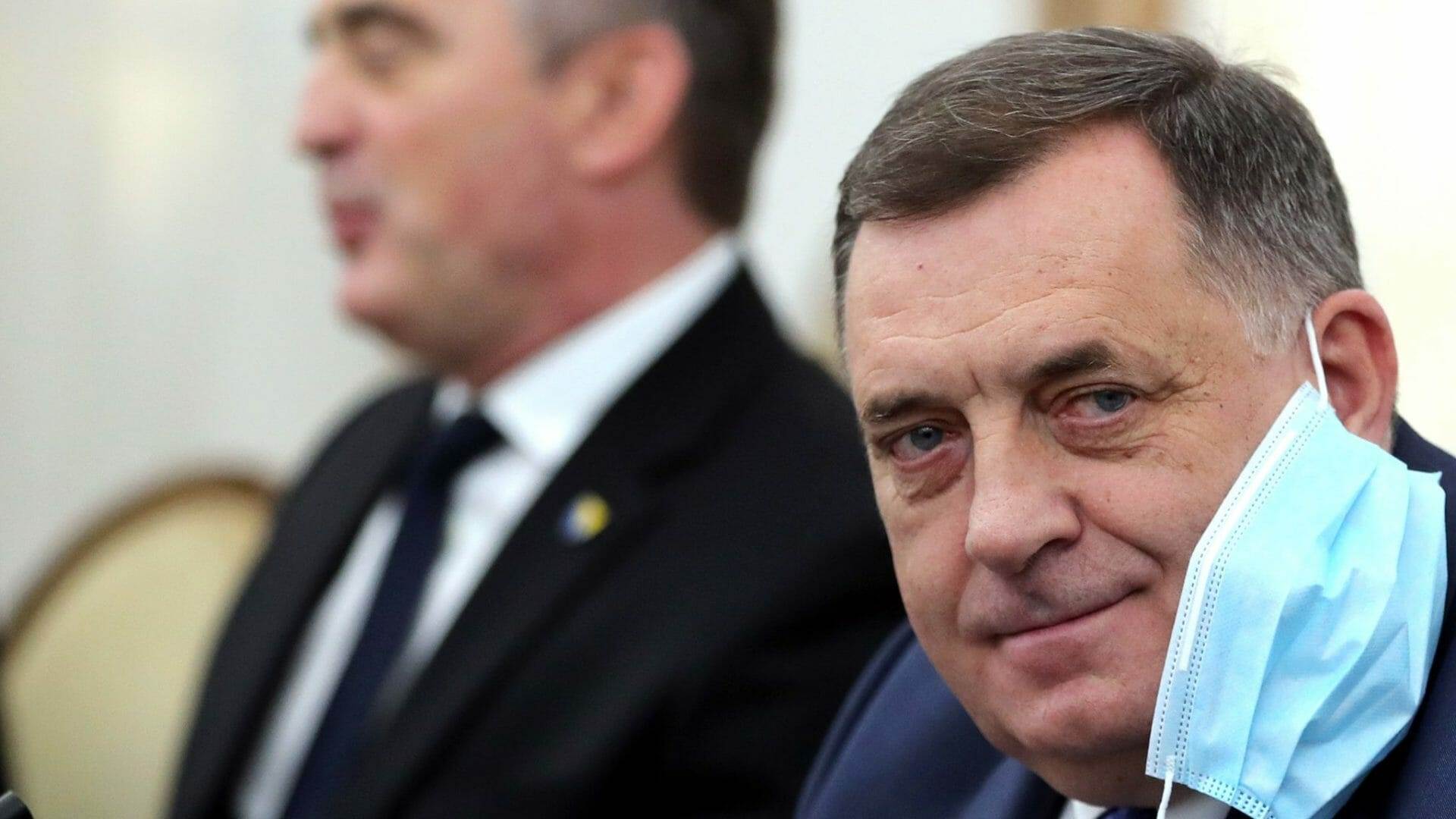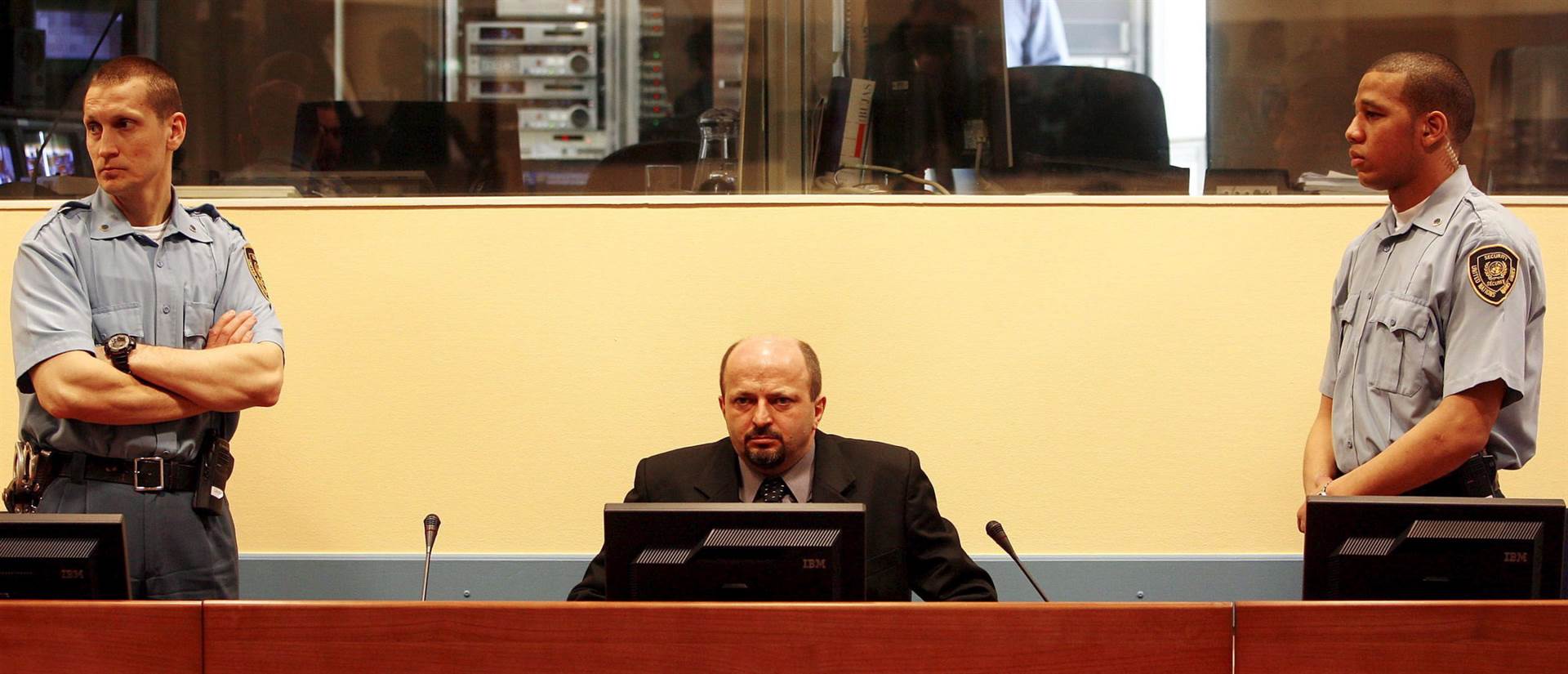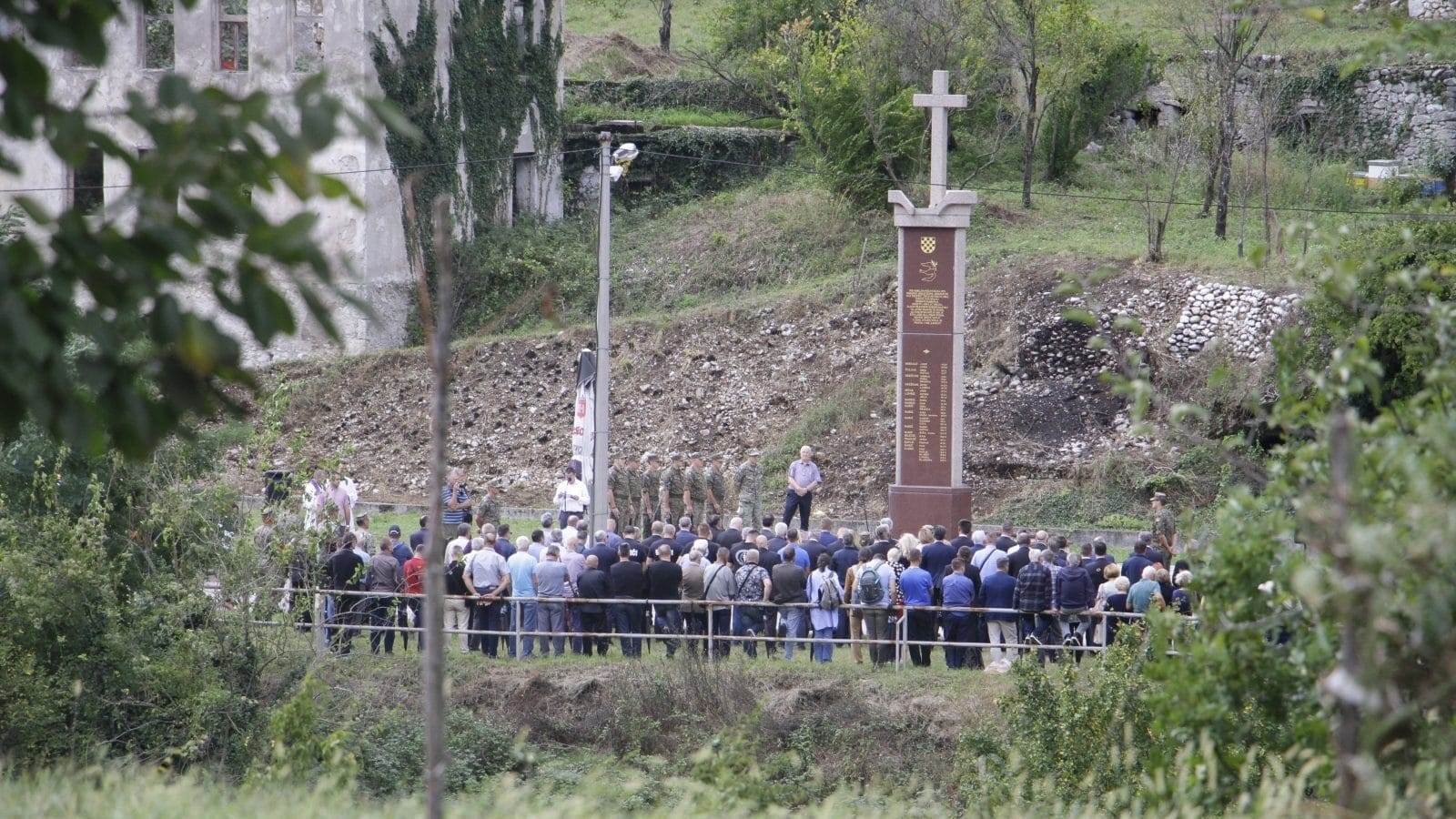Bosnian war survivors and international organisations criticised a decision by Sarajevo’s Novi Grad municipality to name a street after general Mehmed Alagic, who died before the end of his trial...
BIRN has awarded grants to 13 journalists, historians, artists and activists for projects exploring the archives of the International Criminal Tribunal for the Former Yugoslavia and domestic courts in ex-Yugoslav...
BIRN is making its database of established facts about the war available to the Memorial Fund for used in schools to counter disinformation and war crimes denial.
Commemorations will mark the 29th anniversary of the killings of 116 civilians by Croatian Defence Council fighters in the village of Ahmici and the killings of 15 civilians by Bosnian...
BIRN's new database of adjudicated facts on the 1992-5 war in Bosnia is designed as an educational tool that will also counter revisionist narratives and genocide denial.
Marking the 30th anniversary of the siege of Sarajevo, a new BIRN online project features the video testimonials of 44 people - one for each month of the military blockade...
For families still searching for loved ones who went missing in wartime Sarajevo, the 30th anniversary of the start of the siege of the capital is a painful reminder that...
Legal changes banning the denial of genocide, imposed by Bosnia and Herzegovina’s top international official, caused the Bosnian Serb leadership to threaten to pull out of the country’s tax system,...
The UN court in The Hague granted a ten-month sentence reduction to the wartime political leader of Bosnia’s Prijedor municipality, Milomir Stakic, who was convicted of the persecution and extermination...
Wreaths were laid in memory 33 Bosnian Croat civilians, including a four-year-old girl, who were killed by Bosnian Army troops in the village of Grabovica in September 1993.

